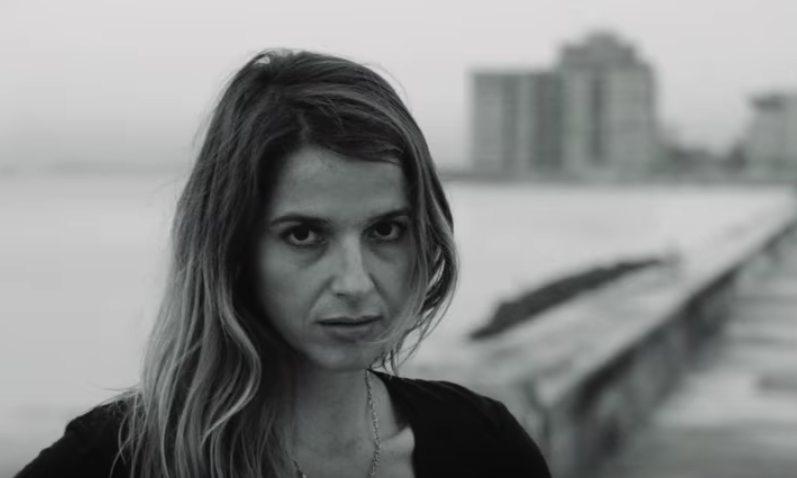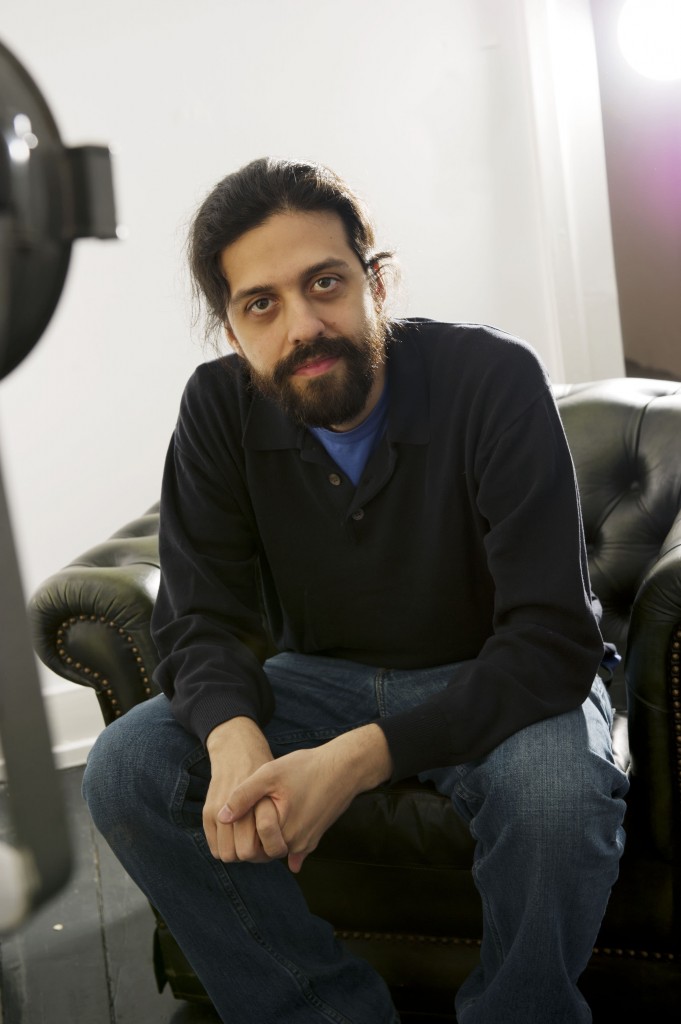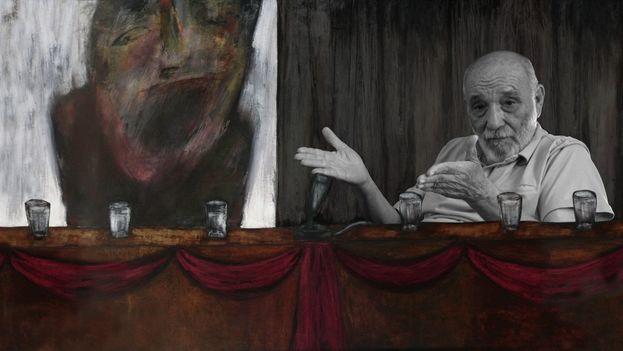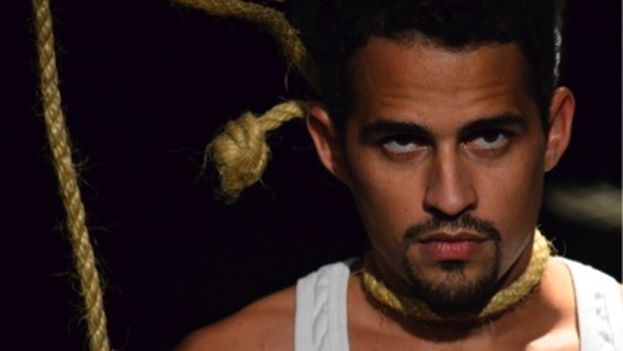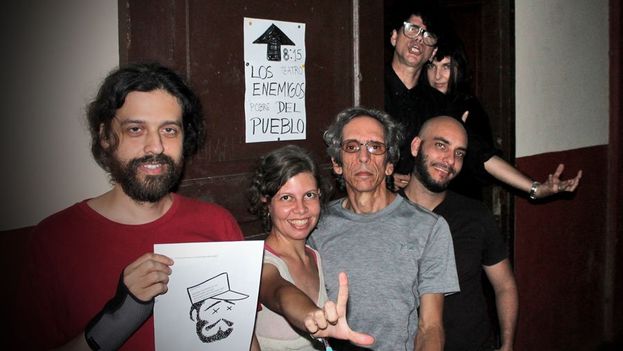
![]() 14ymedio, Havana, 24 November 2017 – Cuban State Security managed to limit attendance to just two people to last night’s premiere play The Enemies of the People. The police cordon set up around the El Círculo gallery in Havana’s Vedado neighborhood, where the play was going to be performed, worked as a method of pressure to intimidate would-be audience members.
14ymedio, Havana, 24 November 2017 – Cuban State Security managed to limit attendance to just two people to last night’s premiere play The Enemies of the People. The police cordon set up around the El Círculo gallery in Havana’s Vedado neighborhood, where the play was going to be performed, worked as a method of pressure to intimidate would-be audience members.
Activist Lía Villares, owner of the house that that provides the premises for the theater, related via twitter what happened when members of the political police were stationed in the vicinity of the Villares’s house and pressured the numerous guests to not enter. “Everything that happened yesterday in the presence of witnesses and neighbors demonstrates the agonizing situation of cultural rights and freedom of expression in Cuba,” denounced Villares. continue reading
Despite the pressures, the activist said that actress “Lynn Cruz could not have given a better performance.”
The work, interpreted by Cruz and directed by filmmaker Miguel Coyula, offers “a timely vision of Cuban society subjected to a dictatorship,” explain its organizers.
Cruz reincarnates Charlotte Corday, a famous character of the French Revolution and who murdered Jean-Paul Marat. On this occasion, however, instead of Marat, Fidel Castro is the target of her action.
In her Twitter account Lia Villares said that the staging “almost starred the henchmen of Section 21,” the Department of State Security that deals with surveillance against opponents. “They did not allow anyone to enter” the El Círculo Gallery, lamented the activist.
The piece also has an incognito character, played by the musician Gorki Águila who delivers an emotional reading of the list of names of the 41 victims of the 13 Tugboat 13 de Marzo, sunk in July 1994 by four official boats that used water cannons to attack the boat on which the victims were trying to flee the country.
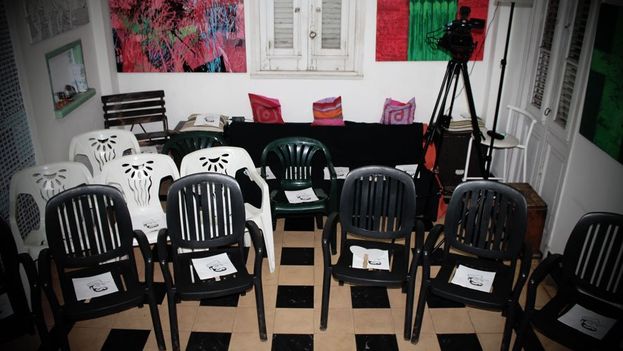
Those killed in the tugboat incident were between the ages of 6 months and 50 years. After a week in which the official media silenced what happened, Fidel Castro described the performance of the crews of the boats that attacked the tugboat as a “truly patriotic effort.”
The independent El Círculo gallery is a frequent target of police operations. Last April, a large deployment of troops prevented the public from attending the screening of the documentary Nadie (Nobody) directed by Coyula, which presents the life of the poet Rafael Alcides, censored in the official publications.
__________________________
The 14ymedio team is committed to serious journalism that reflects the reality of deep Cuba. Thank you for joining us on this long road. We invite you to continue supporting us, but this time by becoming a member of 14ymedio. Together we can continue to transform journalism in Cuba.

